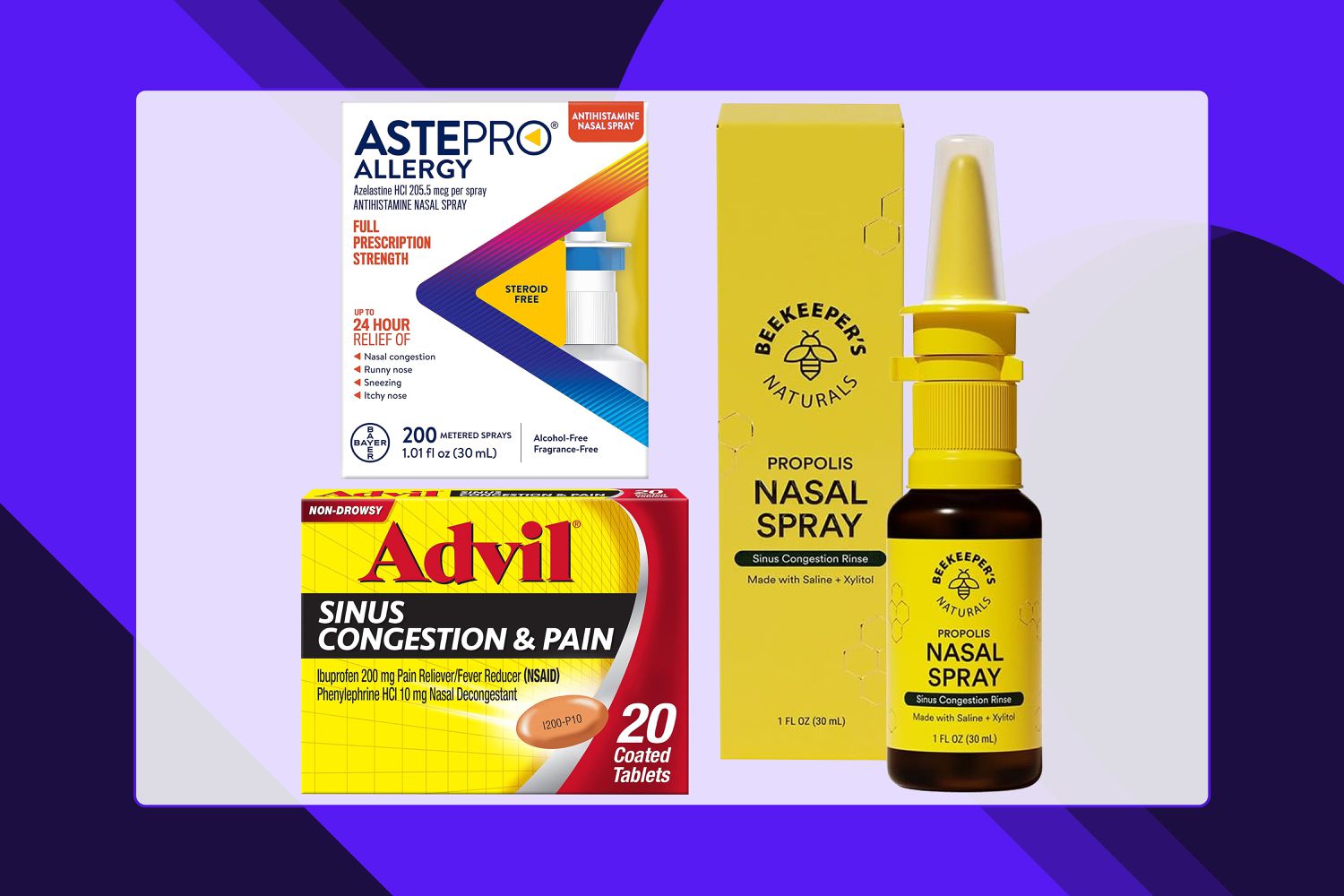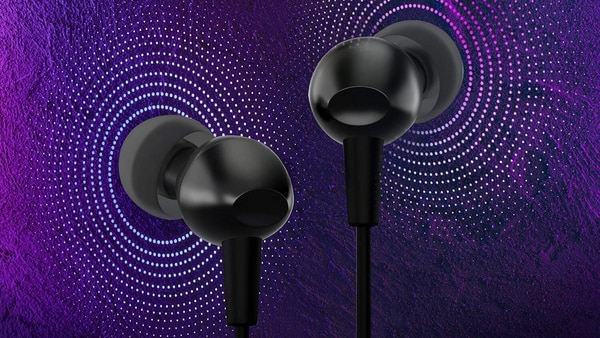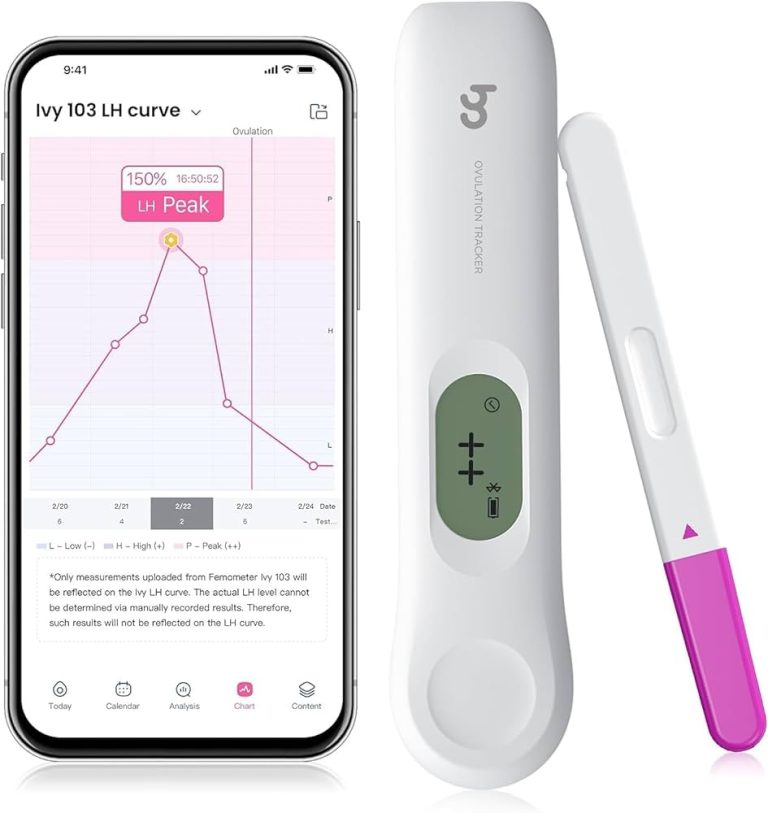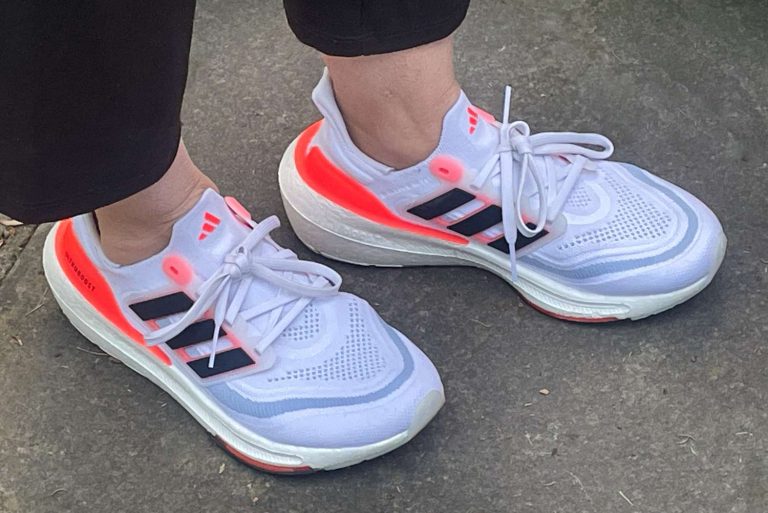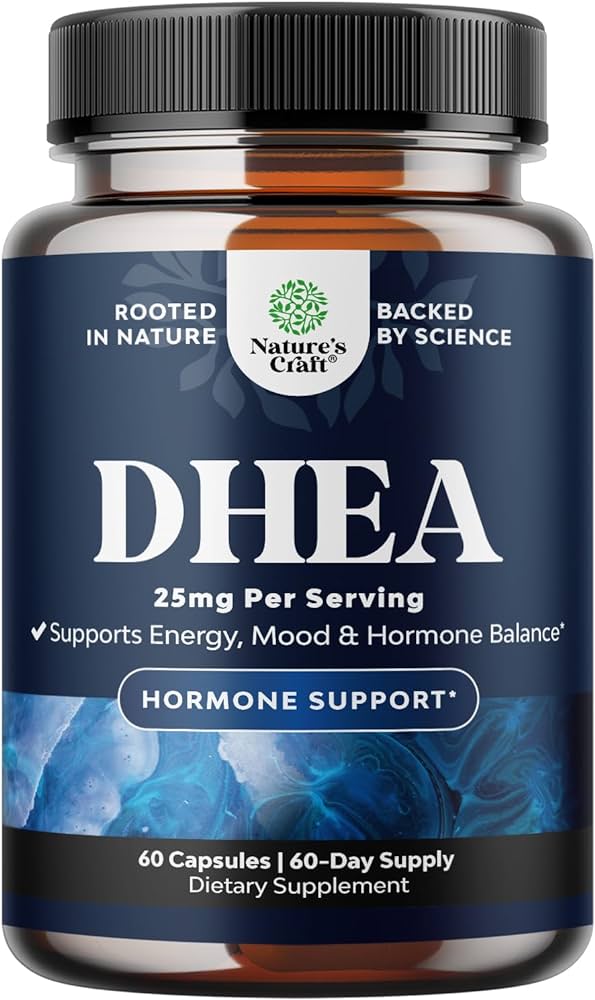9 Best Sinus Medicines for Quick and Lasting Relief: Reviews and Recommendations
Dealing with sinus issues can be a real pain, literally. Whether it’s congestion, pressure, or headaches, finding the right sinus medicine can make all the difference in your daily comfort. With so many options available, it can be overwhelming to choose the best one for your needs.
In this guide, you’ll discover the 9 best sinus medicines that have proven effective for many. We’ll cover a range of options, from over-the-counter solutions to natural remedies, ensuring you find the perfect fit to breathe easier and feel better.
1. Best Overall Sinus Medicine
Finding the best sinus medicine can be overwhelming. Here, we highlight the top choice based on efficacy and user satisfaction.
Characteristics
This sinus medicine offers quick relief from congestion, pressure, and headaches. It’s available over-the-counter and combines a decongestant with a pain reliever. It’s suitable for adults and children over 12, making it versatile for family use. The non-drowsy formula ensures you can take it during the day without any interruptions to your routine.
How It Works
The medicine works by reducing swelling in the nasal passages, making it easier to breathe. The decongestant shrinks the blood vessels, while the pain reliever tackles the headache and any associated pain. Within 30 minutes, you can start experiencing relief, which can last up to 12 hours, letting you get through your day or night with less discomfort.
2. Best for Sinus Headaches
Finding the right medicine for sinus headaches can greatly improve your daily comfort. You need something effective in soothing pain and reducing pressure.
Key Ingredients
Pain relievers like acetaminophen or ibuprofen are commonly found in sinus headache medicines. These ingredients help reduce inflammation and relieve pain. Decongestants such as pseudoephedrine help to shrink swollen nasal passages. Some medications also contain antihistamines like diphenhydramine to tackle allergy-related symptoms. Look for a product with these effective components for comprehensive relief.
User Reviews
Customers often praise products with a combination of pain relievers and decongestants. Many users report significant relief within 30 minutes of taking the medicine. People appreciate long-lasting effects that make it easier to go about their day without the interruption of sinus pain. Reviews also highlight the importance of following dosage instructions to avoid potential side effects like drowsiness. Always check user feedback to ensure you’re choosing a product with a proven track record.
3. Best for Sinus Congestion
When dealing with sinus congestion, choosing the right medication can make all the difference. Let’s explore two key aspects to look for: effective decongestants and proper application and dosage.
Effective Decongestants
Consider decongestants that contain pseudoephedrine or phenylephrine, as they work quickly to reduce nasal swelling and open up your airways. Sudafed, for example, is widely praised for its efficacy in providing fast relief from sinus congestion. Nasal sprays like Afrin can also be effective but should only be used for short periods (no more than three days) to avoid rebound congestion.
Application and Dosage
Follow the dosage instructions on the medicine packaging to avoid adverse effects such as increased blood pressure or jitteriness. For decongestants like Sudafed, adults and children over 12 can typically take one 30mg tablet every 4-6 hours, making sure not to exceed four tablets in a 24-hour period. For nasal sprays, two to three sprays per nostril every 10-12 hours usually suffice, but always refer to the specific product’s guidelines.
4. Best Natural Remedy for Sinus Relief
When you’re looking for a natural approach to sinus relief, opting for herbal remedies can be very effective.
Herbal Ingredients
Consider herbs like eucalyptus, peppermint, and ginger. Eucalyptus and peppermint oils work wonders when inhaled, opening congested nasal passages. Ginger, with its anti-inflammatory properties, can reduce swelling and pain. Drinking ginger tea regularly can also boost your immune system, helping prevent sinus issues.
Benefits and Limitations
The main benefit of using herbal remedies is avoiding the side effects common with over-the-counter drugs. They can provide relief without causing drowsiness or increased blood pressure. However, the limitations include variable effectiveness and slower results compared to pharmaceuticals. Herbal remedies might not work for severe sinus issues and are better suited for mild or moderate symptoms. Always consult a healthcare professional if symptoms persist.
5. Best for Fast Relief
For those moments when you need immediate sinus relief, selecting the right medicine can make all the difference. Opt for treatments that act swiftly without compromising on efficacy.
Active Components
Active components play a crucial role in providing fast relief from sinus problems. Look for ingredients like pseudoephedrine or phenylephrine, which are powerful decongestants. These help reduce nasal swelling quickly, allowing you to breathe easier. Antihistamines such as diphenhydramine or loratadine can also be beneficial, particularly if your sinus issues are allergy-related. These components work by blocking histamine, reducing inflammation and mucus production. Keep an eye out for combination medicines that include both a decongestant and an antihistamine for comprehensive relief.
Time to Effectiveness
Time to effectiveness is essential when choosing a fast-acting sinus medicine. Pseudoephedrine often begins working within 30 minutes, making it a go-to for immediate relief. Phenylephrine, while slightly less potent, also acts swiftly, offering noticeable improvement within 15 to 20 minutes. Antihistamines like diphenhydramine start taking effect in 15 to 30 minutes, though they can cause drowsiness. Non-drowsy alternatives like loratadine may take a bit longer, up to an hour, but are effective for longer durations. For rapid relief, choose medicines that clearly state their onset time on the label.
6. Best for Allergic Sinusitis
Finding the right medication for allergic sinusitis can make a significant difference in your daily comfort. Here’s what you need to know about choosing the best options.
Antihistamine Properties
Look for antihistamines to reduce allergy symptoms. Antihistamines like loratadine (Claritin) and cetirizine (Zyrtec) can effectively block histamine, providing relief from sneezing, runny nose, and itchy eyes. These medications are non-drowsy and suitable for daytime use. Choose medications labeled as “non-drowsy” to ensure they’re suitable for daily activities.
Recommended Usage
Follow dosage instructions to maximize benefits. It’s essential to adhere to the recommended dosage on the packaging or prescribed by your doctor. Most antihistamines for allergic sinusitis are taken once daily. Make sure to take the medication at the same time each day to maintain consistent relief. Always check if the antihistamine is combined with other active ingredients like decongestants, which can offer additional relief from congestion.
7. Best for Chronic Sinusitis
Long-term Treatment Options
Finding long-term treatment options is crucial for managing chronic sinusitis. Nasal corticosteroids like Flonase (fluticasone) or Nasonex (mometasone) can reduce inflammation and prevent recurrence. Saline nasal irrigation, using devices like Neti pots, helps keep nasal passages moist and clear of mucus. Leukotriene inhibitors, such as Singulair (montelukast), might be beneficial for those with allergic sinusitis. These medicines and techniques can provide ongoing relief and improve your quality of life.
Safety Profile
Understanding the safety profile of chronic sinusitis treatments is essential. Nasal corticosteroids have a good safety record when used as directed, though long-term use can sometimes lead to side effects like dryness or nosebleeds. Saline nasal irrigation is generally safe for regular use, but it’s important to use sterile water to avoid infections. Leukotriene inhibitors are well-tolerated, with possible side effects including headache and stomach upset. Consulting your healthcare provider ensures that these treatments are safe and effective for you.
8. Best Non-Drowsy Formula
Daytime Use
Choosing a non-drowsy formula is crucial for maintaining productivity throughout the day. Claritin (loratadine) and Allegra (fexofenadine) are popular non-drowsy antihistamines that help manage sinus symptoms like congestion and runny nose without causing drowsiness. These options allow you to stay alert while effectively tackling your sinus issues.
Side Effects
Non-drowsy formulas tend to have fewer side effects compared to traditional antihistamines. Common side effects may include dry mouth, slight dizziness, or headache. It’s essential to read the label and consult your healthcare provider if you experience any unusual reactions. Non-drowsy medications provide a balanced approach, combining efficacy with minimal disruption to your daily routine.
9. Best Budget-Friendly Option
Finding effective sinus medicine without breaking the bank is entirely possible. Here, we’ll focus on cost vs. effectiveness and availability to help you make an informed decision.
Cost vs. Effectiveness
Opting for budget-friendly sinus medicine doesn’t mean compromising on quality. Generic brands often provide the same relief as their brand-name counterparts at a fraction of the cost. For instance, generic pseudoephedrine is as effective as the branded versions in reducing nasal congestion. Look for options like store-brand decongestants which typically include active ingredients like phenylephrine which works well for many. Always check the active ingredients to ensure you’re getting a medicine that meets your needs.
Availability
Availability is crucial when choosing a budget-friendly option. Most big-box stores and pharmacies carry a wide range of generic sinus medicines. You can easily find these in the allergy or cold and flu section. Additionally, consider purchasing online where prices can be even lower due to discounts and promotions. Online retailers such as Amazon or Walmart often have competitive pricing for generic sinus medications. Check for over-the-counter options that provide relief without requiring a prescription, ensuring immediate accessibility when you need it the most.
Conclusion
Choosing the right sinus medicine can make a significant difference in managing your symptoms. With options ranging from over-the-counter solutions to natural remedies, you have the flexibility to find what works best for you. Key ingredients like pain relievers, decongestants, and antihistamines offer comprehensive relief, supported by user reviews and clear effectiveness labels.
Whether you’re dealing with acute or chronic sinusitis, there’s a treatment that can help you breathe easier. Don’t overlook budget-friendly generic brands available at big-box stores, pharmacies, and online retailers. By understanding the active components and their benefits, you can make an informed decision and find immediate relief without a prescription.
